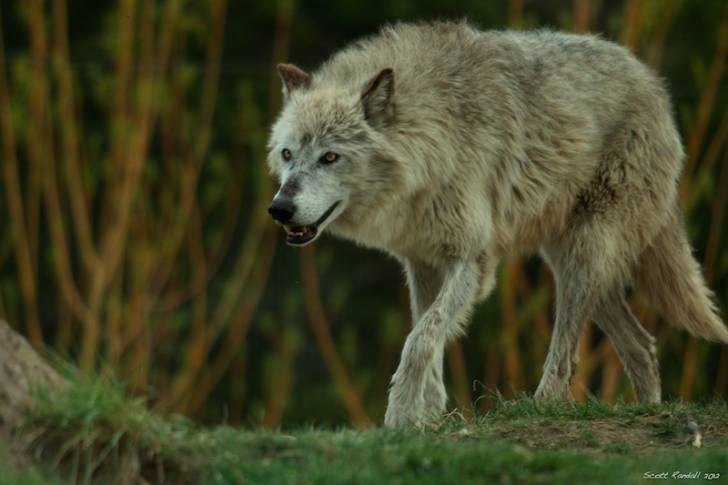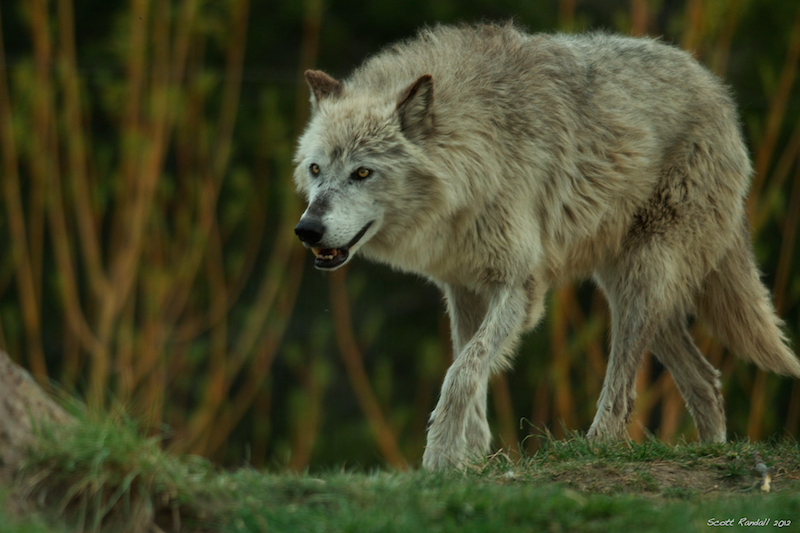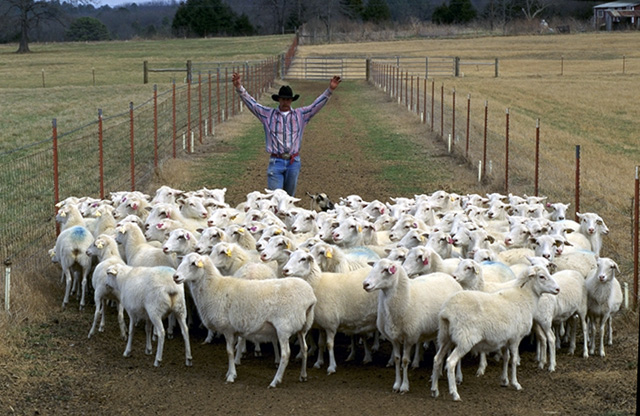Kara Lilly: The Myth of the Alpha Wolf
by Kara Lilly, Investment Strategist, Mawer Investment Management
Let’s play a thought experiment: what do you know about wolves?
Now ask yourself: how do you know this?
 These were the questions running through my mind as I listened to David Mech, one of the world’s foremost authorities on the subject of wolves and the founder of the International Wolf Center. Mech has spent over 40 years studying wolves, even spending several summers in the Artic observing their behaviour in the wild. He has also written 11 books on the species.
These were the questions running through my mind as I listened to David Mech, one of the world’s foremost authorities on the subject of wolves and the founder of the International Wolf Center. Mech has spent over 40 years studying wolves, even spending several summers in the Artic observing their behaviour in the wild. He has also written 11 books on the species.
I called Mech because I wanted to know why the term “alpha wolf” still exists in mainstream consciousness when scientists have falsified the idea long ago. I figured that what I would learn might help me to better understand why the marketplace of ideas can sometimes be so inefficient. So for about thirty minutes, Mech and I chatted about wolves.
The story of the term “alpha wolf” is fascinating and one in which Mech was an important player. In 1968, Mech finished the manuscript for what would become his best-selling book, The Wolf: The Ecology and Behavior of an Endangered Species. In it, he references the work of Rudolph Shenkel, a biologist who studied the behaviour of wolves in a German zoo in 1944. It was Shenkel who first coined the term “alpha wolf” in reference to his observation that male and female wolves seemed to compete to become dominant within their group. Mech then included the term in his book.
The trouble with Shenkel’s work was that wolves behave very differently in the wild than in zoos. When you take a group of human strangers and put them together, alpha men and women tend to emerge. According to Mech this also happens with other animals, including wolves. But wolf packs don’t form in the wild the way that they do in captivity; instead of strangers being thrust together, wolves form around family units. The “alpha male” in a pack is usually just the “dad,” the “alpha female” just the “mom”, and the rest of the pack follows their lead, not because of some competitive vying for dominance, but because it’s mom and dad.
Mech came to this realization when studying wolves in their natural habitat in the Arctic. When it became obvious that using the term “alpha wolf” in his first book had been misleading, he began to publish articles correcting the misinformation. It took him over a decade, but eventually, the references of “alpha” behaviour among wolves in scientific literature fell precipitously. Unfortunately, Mech has been unable to dislodge the term from mainstream consciousness (to his frustration).
How do ideas for which there is an abundance of contradictory evidence perpetuate in mainstream consciousness? This is an important question to ask, whether we are considering wolves or investing. When we believe in ideas that have been falsified, we risk making sub-optimal decisions based on those beliefs. Asking this question helps us to a) understand how the ecosystem of ideas may be flawed, and therefore how it can be improved, and b) remind ourselves that much of the knowledge that we hold up as truth may not be; hence, it is a necessity to always ask ourselves how we know what we “know.”
In the case of the “alpha wolf,” there are a few reasons why the term has not yet faced Darwinian extinction. First of all, The Wolf remains in print. Although Mech would like to see it off the shelves, he has no rights with the publisher to force them to do so, and since it continues to sell well, the publisher has kept it in print. Clearly, economic incentive is one reason why disproven ideas can continue to endure.
However, even if The Wolf was discontinued, the idea has taken on a life of its own and important players within the ecosystem of ideas do little to kill it. Pop culture has broadly expropriated the concept, the media sustains it by continuing to use the term without doing their research and scientists rarely have the platform, ability, or inclination to correct the media when they do. Thus, there appears to be no natural mechanism to correct the belief.
Mech tells me that he hopes it is only a matter of time before the term disappears. I am skeptical. After many decades, the term “alpha wolf” is not only viewed as just something we know, it is deeply entrenched in mainstream consciousness. But for his sake, policymaking around wolves, and what some might call the unglorified pursuit of objective reality, I hope it occurs soon.
Kara Lilly, CFA
Investment Strategist, Mawer Investment Management
Copyright © Mawer Investment Management
Photo credit: Scott Randall











